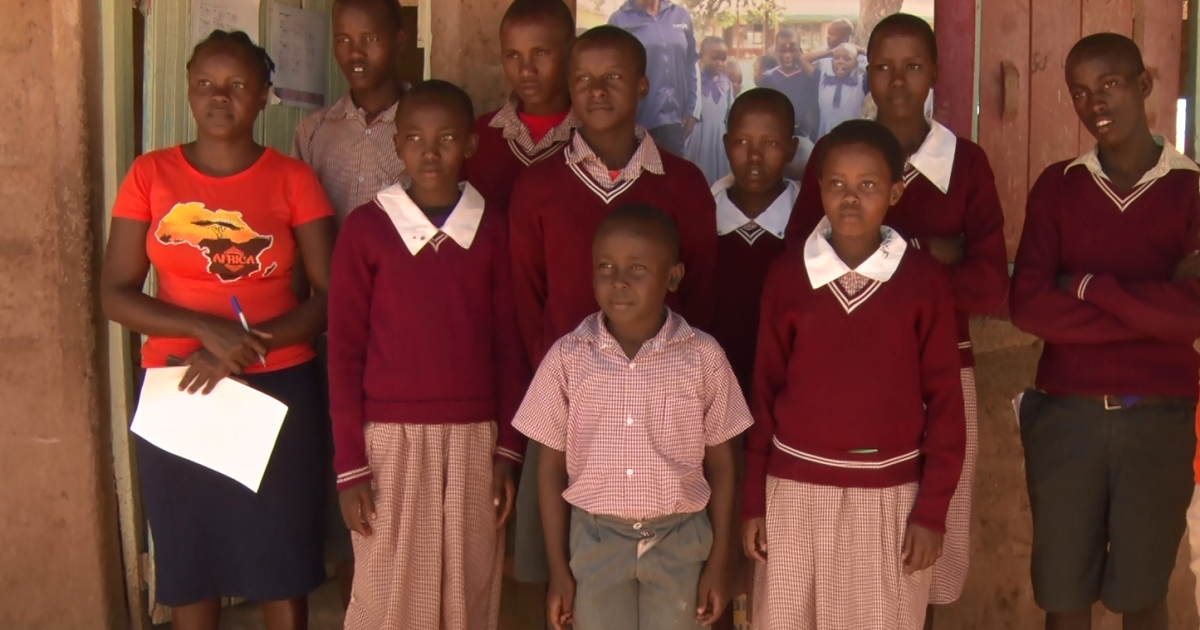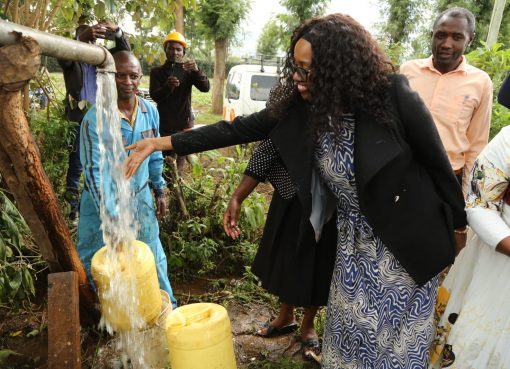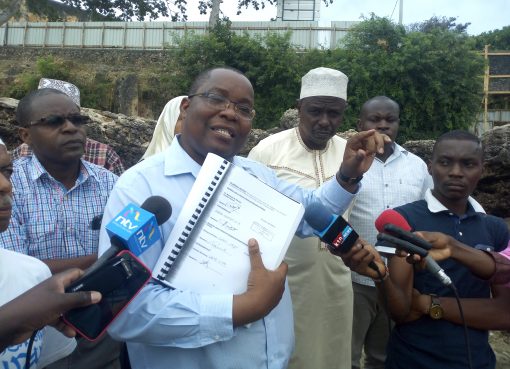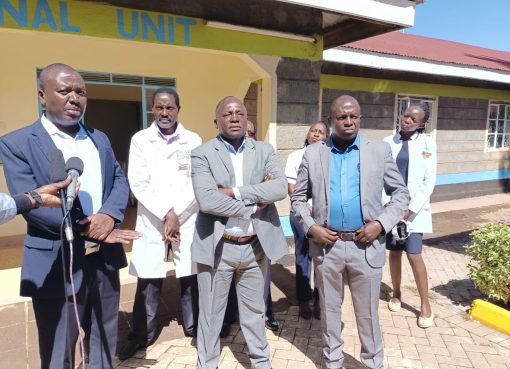Female Genital Mutilation (FGM) comprises of the initiation procedures that involves partial or total removal of the external female genitalia, or other dismembering of the female genital organs for non-medical purposes.
A report by Kenya Demographic and Health Survey in 2022 showed the prevalence of the act has declined in Kenya from 38 percent in 1998 to 15 percent in 2022.
Narok Children’s Officer Pilot Khaemba says the step forward is because of the increased sensitization on the ground and enforcement of law that prohibits FGM.
“Many government departments and non-governmental organizations (NGOs) have been moving from village to village sensitizing residents on the dangers of engaging in this outdated act. I believe this is why the act must come to an end,” he says.
Ms. Nkotito Oyie, 58, who hails from Olenkomei village in Narok East sub-county was a renowned cutter but has since changed to advocate against the practice after undergoing several sensitization forums.
Oyie tells KNA that she inherited the trade of cutting girls from her mother who was a notorious cutter and earned a lot of money from the practice.
“I started circumcising girls when I was 25 years of age. The job is well paying as I charged Sh2000 for every girl I circumcised. During high seasons like long holidays, I could cut up to 10 girls a day,” she confesses.
Oyie says her skills were increasingly in high demand as it was a taboo to find a girl who is not circumcised in the Maa community.
“Girls could get circumcised as early as nine years because of the pressure from the community. At this stage, the circumcised girl is viewed as a mature person who can play the roles of a wife,” she reveals.
Oyie says she laid her tools down after attending a sermon in a local church that condemned the act as the pastor described those perpetrating the practice as ‘enemies of God’.
“The preacher said those earning an income from shedding innocent blood will remain poor. I saw it happening in my life because despite earning a lot of money from the practice, I could not afford to educate my children and sometimes we went to bed on an empty stomach,” she recalls.
The reformed circumciser is now regularly hired by the department of gender and non-governmental organizations to sensitize the community on the outdated culture.
She recalls how she saw young girls faint after undergoing the cut because of excessive bleeding while others would struggle to nurse the painful wounds for weeks.
“I cut girls for 22 years and I know very well how the girls undergo a lot of pain after the cut. I do not know the main advantages of undergoing FGM. I did it because I inherited the practice from my late mother,” she adds.
The anti-FGM crusader now wants the government to enforce laws on FGM so that the practice can end completely in the country acknowledging that FGM is the main reason for school dropouts and girl pregnancy.
She lauds the program ran by the Narok North MP Ms. Agnes Pareyio that rescues girls from FGM and early marriages.
Oyie says many girls opt for FGM because many men in the Maasai Community reject uncircumcised girls and often return them to their maiden homes to be circumcised.
“We have witnessed many instances where men return girls who are not circumcised to their mother’s home. This makes girls seek to be circumcised early enough,” she says.
She confesses that abandoning the cut was not easy as she had to face ridicule from the society who taunted her as a ‘betrayer’.
“Many of my friends forsook me. They even called me bad names because I stood firm in my commitment to my new faith, and instead encouraged many women to abandon the outdated culture,” she says.
Kojong’a Chief Mbugua Lonchoki reiterates that in the recent past, no case of FGM has been reported to him saying anyone who engages in FGM is subjected to the full force of law.
“Since FGM is an act of old days, many Maasai women think it is their right to engage in the practice. We want to remind them that the practice was outlawed and anyone found engaging in the act will be prosecuted,” he says.
Lonchoki urges the county government to build a rescue home where girls who are rescued from retrogressive cultural practices like FGM and early marriages can be kept as they await to be re-united with their families.
He says that parents should take their children to school so that they can learn and get educated to understand that FGM is dangerous and harmful to their health.
Joshua Ole Kaputa, the County Peace Ambassador says that most of Kenyan communities know the risks that come with FGM but are ignorant of the law and their health.
“It annoys me to find out that parents are the ones actively involved in destroying the future of our girls in the name of a cultural norm that is archaic. The parents should instead act as role models and protect their daughters,” he adds.
“I urge leaders to stand firm because this is something the government has condemned but people are still practicing in the villages. We should all move from the boardroom meetings to the ground to condemn this practice,” he says.
Narok County Commissioner Isaac Masinde confirms that over 500 gender-based violence cases are active in court most of which are FGM cases.
He advises chiefs and their assistants to continue apprehending culprits of FGM and ensure they are prosecuted in court of law to end the practice.
By Ann Salaton and Eunice Esho





